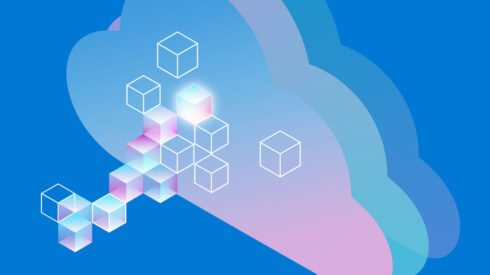

Microsoft has introduced and is open-sourcing a brand new knowledge processing system referred to as Drasi that may detect and react to modifications in complicated methods.
This new challenge “simplifies the automation of clever reactions in dynamic methods, delivering real-time actionable insights with out the overhead of conventional knowledge processing strategies,” Mark Russinovich, CTO, deputy chief info safety officer, and technical fellow at Microsoft Azure, wrote in a weblog publish.
It watches for occasions in logs and alter feeds with out having to repeat knowledge to a central knowledge lake or repeatedly querying knowledge sources. Builders can use outline which modifications they wish to observe, after which Drasi decides if modifications ought to set off an motion.
“In the event that they do, it executes context-aware reactions primarily based on what you are promoting wants. This streamlined course of reduces complexity, ensures well timed motion whereas the information is most related, and prevents necessary modifications from slipping via the cracks,” Russinovich defined.
Drasi will be boiled down into three elements: Sources, Steady Queries, and Reactions.
Sources connect with knowledge sources like software logs, database updates, or system metrics and repeatedly monitor for important modifications.
Steady Queries repeatedly consider incoming modifications primarily based on some predefined standards.
Reactions are made when a change completes a steady question, and may embrace duties like sending alerts, updating different methods, or performing remediation steps.
Based on Microsoft, builders constructing event-handling mechanisms have usually turned to a number of instruments, leading to fragmented and sophisticated architectures. Moreover, loads of change detection instruments don’t have real-time capabilities and as an alternative depend on batch processing, knowledge collation, or delayed occasion evaluation.
“For companies that want fast reactions, even these slight delays can result in missed alternatives or dangers. Briefly, there’s a urgent want for a complete answer that detects and precisely interprets important occasions, and automates acceptable, significant reactions,” Russinovich wrote.
The challenge has been submitted to the Cloud Native Computing Basis (CNCF) as a Sandbox challenge, that means that if it’s accepted, it’s going to get assist, steerage, and assets from the group. It’s being licensed below the Apache 2.0 license.

